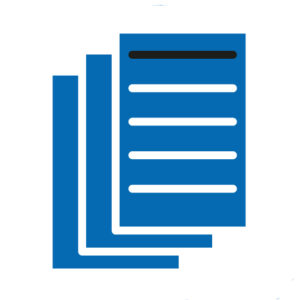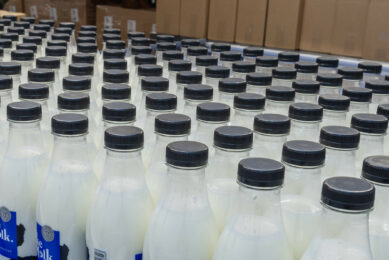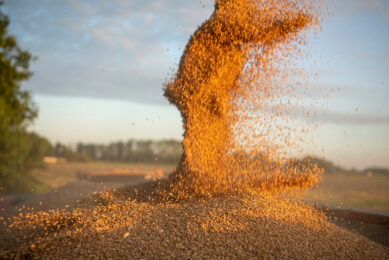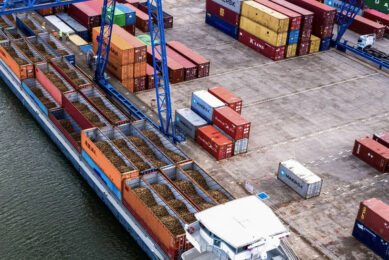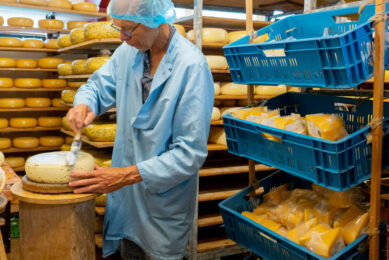Fresh EU sanctions to have major impact on Russian dairy
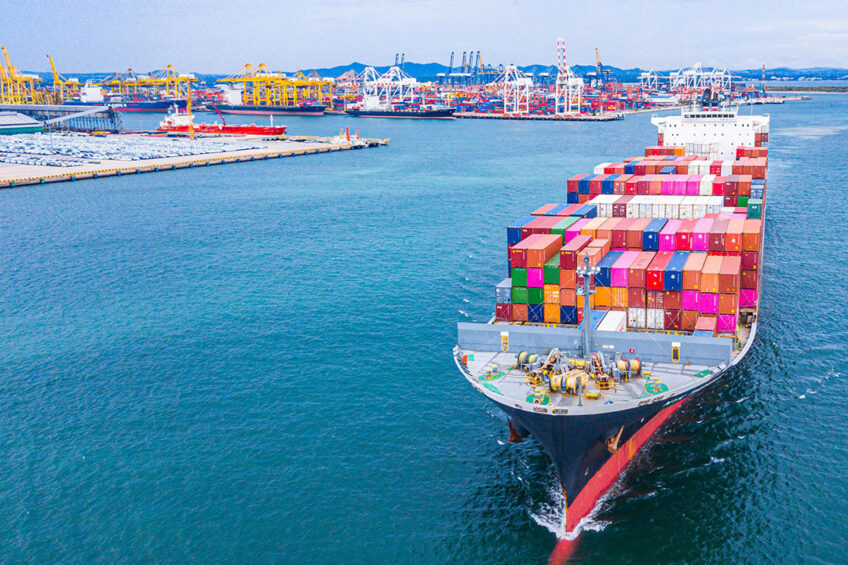
The newest, 11th package of Russian sanctions adopted by the European Council on 23 June could have a major impact on the Russian dairy industry, Roman Chuybak, manager for liaising with the authorities in the Russian association of dairy producers, Soyuzmoloko, told local news outlet, Milk News.
It aims to close loopholes so that goods and technology prohibited under the previous sanctions don’t reach Russia via nations that trade with the EU. The European Council said that thanks to the additional measures, it would ensure that the restrictions “are even better enforced and implemented, based on the lessons learned from implementation over the past year”.
“Skyrocketing trade figures for some very specific products and for some countries indicates that Russia is actively attempting to circumvent sanctions. This calls for us to redouble our efforts in tackling circumvention and to ask our neighbours for even closer cooperation,” the European Council said.
Cracking down on circumventions
“The new package of sanctions may negatively affect Russian due to several factors,” Chuybak said. “The EU will step up bilateral and multilateral diplomatic engagement with countries whose business can bypass EU-imposed restrictions on the export of banned goods to Russia. If these measures fail, the EU may impose restrictions on individual companies whose activity is related to circumventing sanctions.”
Moreover, with countries systemically allowing the re-export of banned goods to Russia, the EU may consider extreme measures involving instating various trade barriers, Chuybak said.
“The possibility of introducing such restrictions on third countries may adversely affect the supply of goods in demand in the Russian dairy industry from the EU, including under parallel import schemes,” Chuybak stated.
Parallel imports
There is no information pertaining to the scale of parallel imports in the Russian dairy industry. Before 2022, almost all Russian dairy companies heavily depended on Western technologies and packaging.
Some segments, like sour cream production, also relied on raw materials imported from the EU. Since the second quarter of 2022, Russian dairy companies have been actively exploring trade opportunities with other countries like Turkey, China and India, but it is not clear how successful these efforts have been.
In addition, Chuybak said, the newest sanction package expanded the list of goods banned from being sold to Russia, including machinery, polymers and other raw materials for packaging production. These restrictions are due to come into full force on 25 September 2023.
Join 13,000+ subscribers
Subscribe to our newsletter to stay updated about all the need-to-know content in the dairy sector, two times a week.


